Comparison of XM vs Tickmill – Comprehensive Review of Two Trusted Forex Brokers in 2025
The Vietnamese Forex market is growing rapidly, leading to an increasing demand for trustworthy, transparent, and low-cost brokers. Among the top brokers, XM and Tickmill stand out as two highly reputable names trusted by many traders. Both have years of experience, are regulated by top-tier authorities, and offer competitive trading conditions.
This article provides a detailed comparison between XM and Tickmill based on key criteria: licenses, trading fees, platforms, products, customer service, and reliability — helping traders determine which broker is the best fit for Vietnamese investors in 2025.
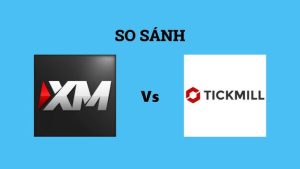
Overview of XM
XM was founded in 2009 in Cyprus, operating under the Trading Point Holdings Ltd group. After more than a decade of growth, XM has expanded to over 190 countries and serves more than 10 million clients worldwide.
Licenses and Regulation:
XM is licensed and supervised by several top-tier financial authorities:CySEC (Cyprus), ASIC (Australia), FSC (Belize), DFSA (Dubai)
Trading Products:
XM offers over 1,000 financial instruments, including:Forex, Stock indices
Commodities (gold, oil, silver, copper…), Stock CFDs, Precious metals and energies
Key Highlights of XM:
- No commission on Standard and Micro accounts
- Spreads from 0.6 pips, leverage up to 1:1000
- Supports MT4 and MT5 platforms
- Negative balance protection to limit risk
Overview of Tickmill
Tickmill was founded in 2014, headquartered in London, under Tickmill Group Ltd. Although newer than XM, Tickmill has quickly established itself thanks to its low fees and professional service.
Licenses and Regulation:
Tickmill is regulated by several major financial authorities:FCA (UK), CySEC (Cyprus), FSA (Seychelles), FSCA (South Africa)
Trading Products:
Tickmill offers more than 500 instruments, including:Forex, Commodities, Government bonds, Stock indices, Precious metals
Key Highlights of Tickmill:
- Ultra-low spreads from 0.0 pips (Pro, VIP accounts)
- Low commission: 2 USD/lot/side
- Leverage up to 1:500
- Supports MT4 and MT5
Comparison of Regulation and Reliability
| Criteria | XM | Tickmill |
|---|---|---|
| Year Founded | 2009 | 2014 |
| Regulators | CySEC, ASIC, DFSA, FSC | FCA, CySEC, FSA, FSCA |
| Global Reputation | Very High | Very High |
| Coverage | Global | Global |
| Investor Protection | Yes (Negative balance protection, Compensation fund) | Yes (IFSC, Negative balance protection) |
Both brokers are strictly regulated by reputable authorities, ensuring transparency and investor safety. However, Tickmill holds a slight edge with the FCA (UK) license — one of the most prestigious in finance.
Comparison of Trading Fees
| Criteria | XM | Tickmill |
|---|---|---|
| Average Spread | From 0.6 pips | From 0.0 pips (Pro) |
| Commission | 0 USD (Standard) | 4 USD/lot (Pro) |
| Maximum Leverage | 1:1000 | 1:500 |
| Swap Fee | Yes | Yes |
| Hidden Fees | None | None |
Overall, Tickmill offers lower spreads and is more suitable for professional traders or scalpers, while XM is beginner-friendly with its commission-free model.
Comparison of Trading Platforms
| Criteria | XM | Tickmill |
|---|---|---|
| Platforms Supported | MT4, MT5 | MT4, MT5 |
| Execution Speed | 0.05s | 0.03s |
| Copy Trading | Yes (XM Copy) | Yes (MT4 Signals, AutoTrade) |
| Mobile App | Yes | Yes |
| Execution Model | STP/Market | ECN/STP |
Both brokers use MetaTrader 4 & 5, the most popular and reliable platforms today. Tickmill has an advantage with faster execution speed and the ECN model, ideal for high-volume traders.
Comparison of Trading Instruments
| Product Category | XM | Tickmill |
|---|---|---|
| Forex | ✓ | ✓ |
| Commodities | ✓ | ✓ |
| Indices | ✓ | ✓ |
| Stock CFDs | ✓ | ✓ |
| Precious Metals | ✓ | ✓ |
| Bonds | ✗ | ✓ |
| Cryptocurrencies | ✓ | ✗ |
If you prefer cryptocurrency trading, XM is the better choice. Conversely, Tickmill has the advantage in government bonds, suitable for professional investors.
Customer Service & Payment Methods
| Criteria | XM | Tickmill |
|---|---|---|
| Vietnamese Support | Yes (24/5) | Yes (24/7) |
| Contact Channels | Live Chat, Email, Phone | Live Chat, Email, Telegram |
| Deposit/Withdrawal Methods | Internet Banking, Visa, Skrill, Neteller | Internet Banking, Visa, Skrill, USDT |
| Processing Time | 1–24 hours | Almost instant |
| Withdrawal Fee | 0 | 0 |
Both brokers offer fast and free transactions. However, Tickmill supports USDT deposits, providing greater flexibility for international traders.
XM Pros:
- High reputation, tightly regulated
- Stable spreads, zero commission
- Multi-platform support, user-friendly
- Wide range of products including crypto
XM Cons:
- Higher spreads than Tickmill
- Slower execution speed
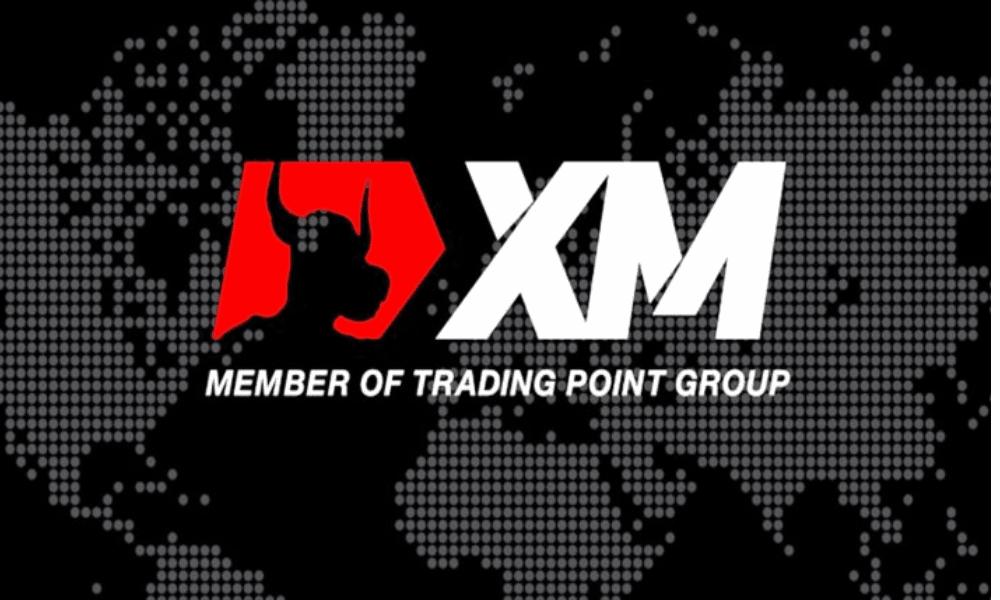
Tickmill Pros:
- Ultra-low spreads, fast execution
- ECN accounts for professionals
- FCA regulation (UK)
- Fast deposits/withdrawals, USDT supported
Tickmill Cons:
- No crypto trading
- Fewer product options than XM

Overall Rating
| Criteria | XM | Tickmill |
|---|---|---|
| Reputation & Regulation | ★★★★★ | ★★★★★ |
| Trading Costs | ★★★★☆ | ★★★★★ |
| Platforms & Speed | ★★★★☆ | ★★★★★ |
| Customer Service | ★★★★★ | ★★★★★ |
| Product Diversity | ★★★★★ | ★★★★☆ |
| Best For | New traders, long-term investors | Professional traders, scalpers |
Which Broker Should You Choose?
Both XM and Tickmill are reputable Forex brokers offering high-quality services and strong regulation.
If you are a beginner looking for simple trading, zero commission, and diverse instruments – XM is a great choice.
If you are a professional trader who values low costs, fast execution, and an ECN environment – Tickmill is worth considering.
Depending on your trading style and investment goals, you can choose XM for long-term stability or Tickmill for optimal trading performance in 2025.

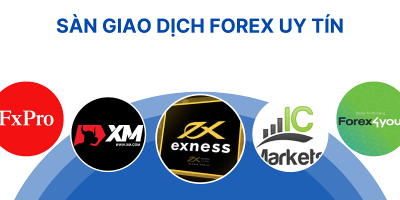
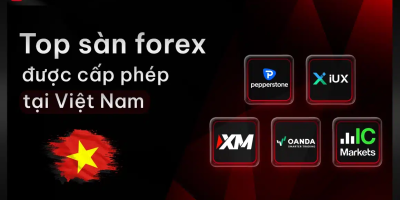
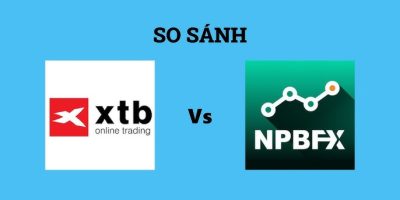
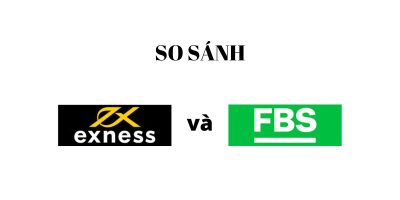
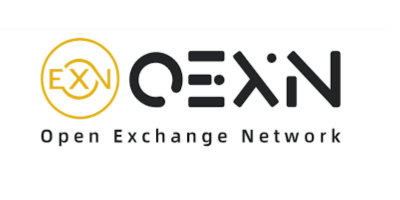

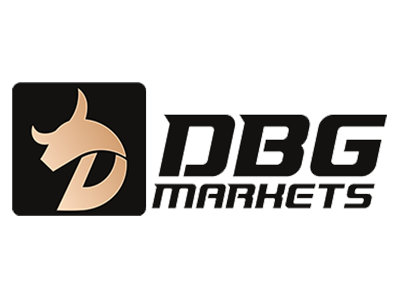
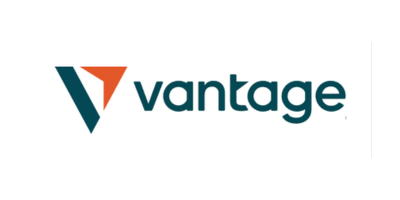
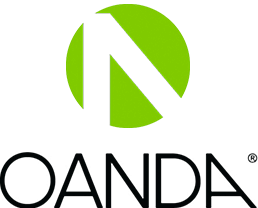

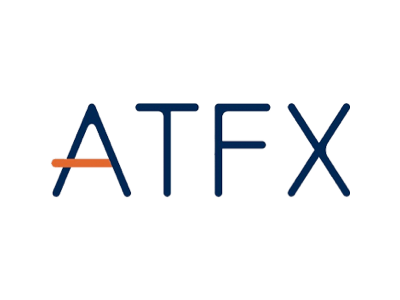

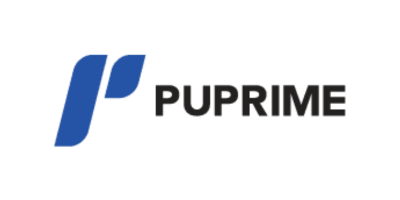
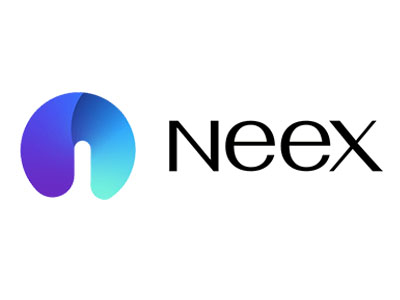
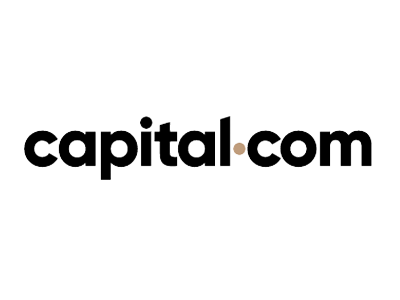

Leave a Reply